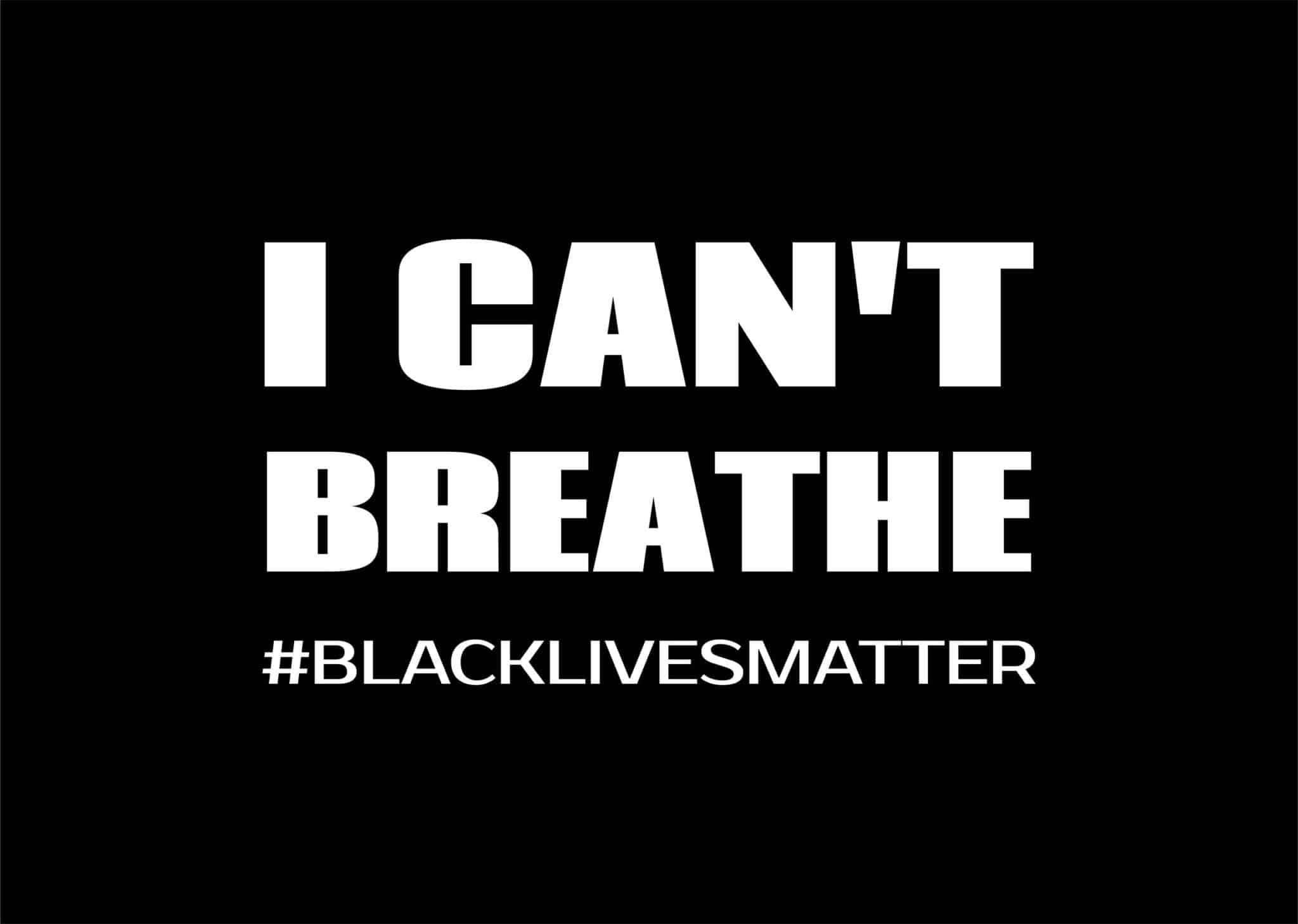 The death of George Floyd has garnered intense emotional reactions across the country. In its wake, protestors made their way to the street demanding to have the officers involved in his death criminally charged.
The death of George Floyd has garnered intense emotional reactions across the country. In its wake, protestors made their way to the street demanding to have the officers involved in his death criminally charged.
Eventually, charges were brought against each officer involved in the incident. However, the charges each officer faces differ depending on the role they had in the event.
We will examine exactly what each officer was charged with and break down what each charge means. We will then look at what the charges they would have faced had the incident occurred in Texas, and what the penalties are for murder and similar charges.
What Charges Does Each Officer Face In George Floyd’s Death?
As mentioned above, all four former police officers who were involved have been charged in Floyd’s death. Each is facing different charges according to the official documents filed. The primary defendant in the case, Derek Chauvin, has been charged with second-degree murder.
The other three officers, who participated in varying degrees in Floyd’s killing, have all been charged with aiding and abetting murder. The difference in their charges relate to the level of each party had in the incident.
Additionally, it is essential to remember that until and unless they are formally tried by a jury of their peers and found guilty in a court of law, all four officers are presumed innocent under the law.
What Charges Would These Officers Face In Texas?
If this incident had taken in Texas, these charges would differ in a few ways. The most obvious is that there is no crime of second-degree murder in our state. Instead, the crime would simply be charged as murder.
According to the Texas Penal Code, a person commits murder if:
- The person intentionally and knowingly caused the death of another person;
- The person intended to cause serious bodily injury and committed an act that was clearly dangerous to human life and this act caused the death of an individual; or
- The person committed or attempted to commit a felony (other than manslaughter) and in performing that felony, committed an act that was clearly dangerous to human life and this act caused the death of an individual.
The other defendants in the case would then be charged with aiding and abetting murder instead of their current charges of aiding and abetting second-degree murder. The crime of aiding and abetting is committed when a person has criminal culpability in a criminal act.
Criminal culpability is defined in the Texas Penal Code as:
“(a) A person is criminally responsible as a party to an offense if the offense is committed by his own conduct, by the conduct of another for which he is criminally responsible, or by both.
(b) Each party to an offense may be charged with the commission of the offense.
(c) All traditional distinctions between accomplices and principals are abolished by this section, and each party to an offense may be charged and convicted without alleging that he acted as a principal or accomplice.”
What Penalties Would These Officers Face In Texas?
 The crime of murder is considered a first-degree felony in the state of Texas. This is one of the most serious offenses in the state and is punishable between five and 99 years in prison and/or a fine not to exceed $10,000.
The crime of murder is considered a first-degree felony in the state of Texas. This is one of the most serious offenses in the state and is punishable between five and 99 years in prison and/or a fine not to exceed $10,000.
For the officers charged with aiding and abetting, they could have also been charged with a first-degree felony. A person who is charged with aiding and abetting can face charges similar to the person who committed the crime.
These are all serious crimes and the officers would face extensive prison terms if convicted — regardless of whether the act occurred in Minnesota, Texas, or any other state. Remember, though, conviction is the key. Until they are proven guilty in a court of law, they must be presumed innocent just like anyone else and afforded the same right to argue their case.



